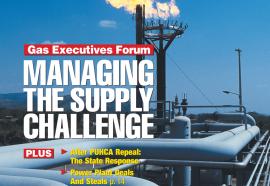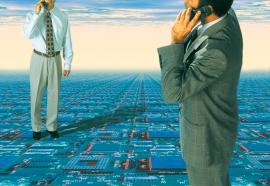FERC's Tough New Rules: Survival Skills for A New Era
In its March 2005 report to the House Energy and Commerce Committee, the Federal Energy Regulatory Commission (FERC) repeated its request for enhanced civil penalty authority. When Congress passed the Energy Policy Act of 2005 (EPACT), it granted FERC all the authority that it had requested, and more. The new director of FERC’s Office of Market Oversight and Investigations (OMOI) called the new penalty authority “awesome.”1








